What is Cardiology?
Cardiology is a medical specialty that deals with the diagnosis, treatment, and prevention of heart diseases. In cardiology, medical problems related to the heart and blood vessels are examined and diagnosis and treatment methods are developed for these problems.
The heart and blood vessels are one of the most important organs of the body. The heart pumps blood that carries oxygen and nutrients to other organs of the body. Blood vessels, on the other hand, carry blood to every part of the body and provide oxygen and nutrients to the body’s cells. Therefore, problems with the heart and blood vessels can cause serious health problems and can be life-threatening.
Cardiologists research and treat various causes of heart disease. These diseases include conditions such as heart attack, heart failure, arrhythmia (an abnormality in heart rhythm), heart valve diseases, and heart defects. Cardiologists also perform medical tests to identify heart disease risk factors. These tests include electrocardiography (ECG), exercise stress testing, blood tests, and imaging tests.
Cardiologists use a variety of methods in the treatment of heart disease. These methods include drug therapy, angiography and angioplasty (opening of the heart vessels), insertion of a pacemaker, and heart transplantation. Cardiologists also make dietary and exercise recommendations to protect patients’ heart health.
In conclusion, cardiology is an important medical specialty for the diagnosis, treatment, and prevention of heart diseases. Cardiologists help improve the quality of life and health of patients by detecting and treating problems related to the heart and blood vessels early.
What Diseases Does Cardiology Deal With?
Cardiology is a medical specialty that deals with cardiovascular diseases. Therefore, cardiologists diagnose, treat, and monitor the following diseases:
- Coronary artery disease: The blood flow of the heart muscle is impaired due to blockages in the heart vessels. This can cause symptoms such as heart attack, and angina pectoris (chest pain).
- Heart failure: It is the condition of the heart not pumping enough blood. This condition can present as left or right heart failure.
- Arrhythmia: It is the situation where the heart deviates from its normal rhythm. This may be in the form of acceleration, deceleration, irregularity, or a pause in the heartbeat.
- Heart valve diseases: Blood flow may be impaired due to damage or dysfunction of the valves of the heart. In this case, it can cause heart failure or rhythm disturbances.
- Heart defects: It is the general name given to the congenital or acquired structural defects of the heart.
- Hypertension (high blood pressure): It is the state of blood pressure higher than normal. This can cause damage to the heart and blood vessels and heart disease.
- Peripheral artery disease: Blood flow may be impaired due to blockages in the leg and arm arteries. This can cause leg pain, fatigue, and gangrene.
- Heart attack: A condition that causes a part of the heart muscle to die.
- Cardiac rheumatism: It is an autoimmune disease that occurs after streptococcal infections and can affect the heart valves, pericardium, and heart muscle.
Department of Cardiology Diagnosis Treatment Services
Cardiology is a branch of medicine that deals with the diagnosis and treatment of cardiovascular diseases. Doctors working in this department provide a range of services for the diagnosis and treatment of heart diseases.
Among the services provided in the cardiology department, there are tests used for the diagnosis of heart diseases. These may include tests such as the electrocardiogram (ECG), exercise testing, echocardiography (ECHO), stress testing, cardiac catheterization, and magnetic resonance imaging (MRI).
The cardiology department also offers a range of methods for the treatment of heart diseases. These methods may include surgical interventions such as drug therapy, balloon angioplasty, stent placement, bypass surgery, and heart valve replacement.
In addition, the cardiology department also provides services for the prevention and control of heart diseases. These services include lifestyle changes, dietary and exercise recommendations, and prevention and control treatments such as antihypertensive medications, blood thinners, and cholesterol-lowering medications.

